SPONSORSHIP
If you submit the interest to sponsor form and you’re invited to submit a complete application, you can sponsor your parents and grandparents to become permanent residents of Canada.
If you do, you must:
- support them and their dependants financially
- make sure they don’t need social assistance from the government
If you’re invited to apply to sponsor your parents and grandparents, there are 2 applications:
- You must apply to become a sponsor.
- Your parents or grandparents must apply for permanent residence.
Moving abroad and leaving your loved ones on opposite coast is not easy. One of the objectives of Government of Canada is to see that families are reunited. Certain family members may qualify to settle in Canada long-term and become permanent residents under family class category. After becoming permanent residents, they can live, study and work in Canada, thus you no longer need to apply for visitor visa and provide letter of invitation. Like other immigration categories, family class sponsorship has certain requirements, such as minimum necessary income which should be met by sponsor. If you are wondering how to sponsor someone to Canada, you should start from reviewing family sponsorship applications, eligibility and requirements. You may be eligible to sponsor a child, spouse or a common-law partner living outside or inside Canada if you are 18 years of age or older, and you are a Canadian citizen or permanent resident.
When you are sponsoring a family member, whether it is your dependent child or spouse/common-law partner, you promise to support them financially. Therefore, you must work in Canada and meet certain income requirements. Sponsoring a family member to Canada is a big commitment, as you must sign an undertaking agreement. Kindly note, that family sponsorship in Canada is not eligible for a tax receipt. Below you’ll find more information on how to sponsor a relative to Canada, what are family sponsorship income requirements, how you should be sponsoring a child born outside of Canada, as well as surrogacy and immigration considerations.
Moving abroad and leaving your loved ones on opposite coast is not easy. One of the objectives of Canadian government is to see that families are reunited in Canada. Spousal sponsorship program is the most demanded stream under family class immigration. Immigration, Refugees and Citizenship Canada (IRCC) strongly supports family reunification, thus spousal sponsorship application processing is given the highest priority at Canadian Visa Offices. Processing time was recently reduced from 26 to 12 months for 80% of applications for both in-Canada and outside of Canada cases.
The spouse, common-law partner or conjugal partner looking to immigrate to Canada under spousal sponsorship category must be sponsored by a Canadian citizen or permanent resident. If you applied to sponsor spouse outside Canada, once decision is made and sponsorship application is approved, Canadian immigration authorities will issue the applicant Canada Spouse Visa (a confirmation of permanent residence).
Applicant (person being sponsored) will become permanent resident upon landing in Canada, and must enter Canada before the expiry date, which appears on temporary visa.
If you are looking to apply for spousal sponsorship inside Canada, application is being processed first and once approved, applicant’s status will change from temporary to permanent. Spousal sponsorship within Canada gives an opportunity to person being sponsored and living in Canada to apply for an Open-Work Permit.
Spouses or common-law partners of full-time students with a valid study permit may apply for an open work permit. An open work permit will enable the spouse or common-law partner of the international student to work. Your spouse/partner will not require a job offer to apply, and his/her permit will be valid for the same period as your study permit. This is an excellent way for your spouse or your common-law partner to connect with the local community, gain valuable work experience and earn extra money. Your spouse or your common-law partner can apply for a work permit after you arrive to Canada. It is also possible to apply for the spouse/common-law partner work permit at the same time as applying for your initial study permit outside of Canada. Your minor child/children may also study without a study permit at the preschool, primary, or secondary level. Please note children accompanying an adult who is in Canada on a work or study permit may study in Canada without a study permit at the pre-school, primary and secondary levels.
Please note Immigration, Refugees and Citizenship Canada (IRCC) require that applicants submit government application processing fees for most of applications.
Your spouse or common-law partner may apply for an open work permit if you:
- are a full-time student at a:
- public post-secondary school, such as a college or university, or CEGEP in Quebec
- private college-level school in Quebec or
- Canadian private school that can legally award degrees under provincial law (for example, Bachelors, Masters or Doctorate degree) and
- have a valid study permit.

